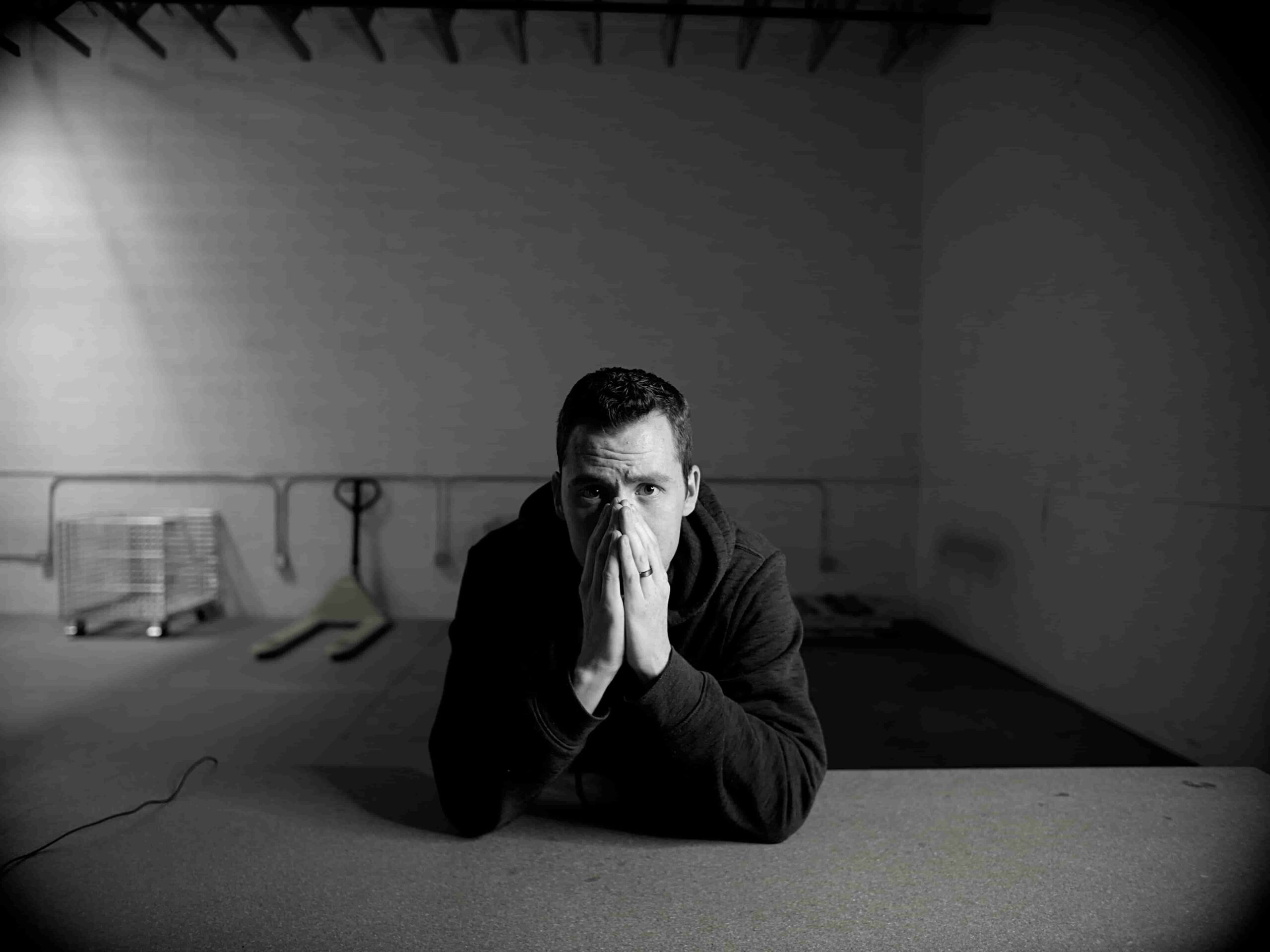How To Stop OCD Compulsions
As the name implies, Obsessive-Compulsive Disorder (OCD) is a condition that involves obsessions and compulsions. To some degree or another, we all have obsessions. The issue lies with how frequent and intense they become. Do those obsessions reach the point of provoking compulsions? Compulsions are rituals someone with OCD performs whenever their obsessions kick in. In this post, we’ll talk about how to stop OCD compulsions.
These OCD rituals can’t change the obsession, but they can temporarily ease the anxiety surrounding it. Therefore, taking control of OCD compulsions is a giant step toward managing OCD. It’s not easy. Compulsions can become reflexive. But, with commitment, you can shift such patterns and reap the rewards.
Start With the Basics of OCD
When you maintain a daily self-care routine, you set yourself up to be successful in many ways. Your body and mind are made more resilient through practices like:
- Mindfulness and meditation
- Daily exercise and physical movement
- Regular sleep routines
- Healthy eating choices
- Face-to-face social time with loved ones
Steps like this form the foundation you’ll need when managing OCD. From there, you can move on to the very specific measures detailed below.
Here’s How to Stop OCD Compulsions
Delay/Postpone the Ritual
When the perceived need for a compulsion arises, you do not have to take immediate action. It can be a powerful way to take back some control by delaying the ritual. Tell the OCD that the ritual will happen when you decide. Pick a particular time when you will make it happen.
Besides taking back control, such a delay benefits you in other ways, e.g.:
- One delay can lead to another and eventually to a postponement.
- The longer you delay, the weaker the urge becomes.
 Change the Ritual
Change the Ritual
The compulsion can also lose potency when closely examined. Changing it in any way requires such an examination. So, break it down into its smallest possible elements. Pick a few of those elements and alter them in a palpable way. In doing so, you remind yourself of how strong you are and what you are capable of doing.
An interesting choice is to slow things down — to the point of slow motion, if necessary. An obsession can inject a sense of urgency into your life. As a result, you find yourself rushing around to complete a ritual. But what if you did things very deliberately and mindfully? You could even go as far as narrating the steps (out loud, if the circumstances allow).
Remind yourself that you and only you decide how soon and how quickly a ritual must be completed. Each time you do so, you make the next adjustment that much easier.
Give Yourself a Consequence
Some compulsions may, at first, stubbornly resist your efforts to change them. Don’t despair. Instead, institute a consequence for each time you perform this ritual as you always have. Some possible consequences might include:
- Putting money in a money jar and then donating the money if the jar ever gets full
- Getting in touch with a support person to tell them you were unable to alter the compulsion
- Doing some kind of physical activity, e.g. push-ups, walking or running a specific distance, etc.
As you can see, the consequence can be something that will have a positive outcome. This offers you some solace as you do the work. However, the more push-ups you have to do, the more likely it is that you’ll soon find ways to delay, postpone, change, or slow down that ritual.
You Are Not Alone
So, if you are wondering how to stop OCD compulstions, know that controlling OCD compulsions is an ongoing task. It’s one that is made easier with the support of a skilled therapist. Working together, you can address the rituals and monitor your progress. I’d love to help you along this healing path with anxiety treatment feel free to contact me when you are ready.





